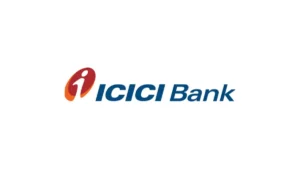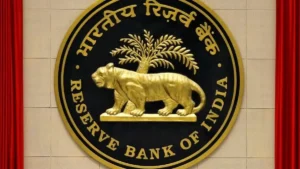Union Bank of India has made a significant move by becoming the first major bank to sign on to the Partnership for Carbon Accounting Financials (PCAF). This decision reflects a growing global focus on managing climate risk and aligns with the recent draft guidelines on climate risk disclosures issued by the Reserve Bank of India (RBI).
PCAF Overview
PCAF is a global initiative where financial institutions collaborate to develop a standardized method for assessing and disclosing greenhouse gas emissions linked to their loans and investments. By joining PCAF, Union Bank of India reaffirms its commitment to measuring and managing financed emissions, which are indirect emissions from its lending and investment activities. These emissions, often termed Scope 3, can significantly surpass a bank’s operational emissions and present notable risks given climate change and evolving regulations.
RBI’s Draft Guidelines
The RBI’s draft guidelines on ‘Disclosure Framework on Climate-Related Financial Risks, 2024’, issued on February 28, 2024, emphasize the need for regulated entities to disclose information on governance, strategy, risk management, and metrics and targets. This framework signifies a shift towards stricter climate risk reporting requirements for Indian banks.




 ICICI’s New Swasthya Pension Scheme: A S...
ICICI’s New Swasthya Pension Scheme: A S...
 RBI’s New Rulebook: UTI Required for All...
RBI’s New Rulebook: UTI Required for All...
 What Is a Type II Non-Deposit NBFC? Airt...
What Is a Type II Non-Deposit NBFC? Airt...








